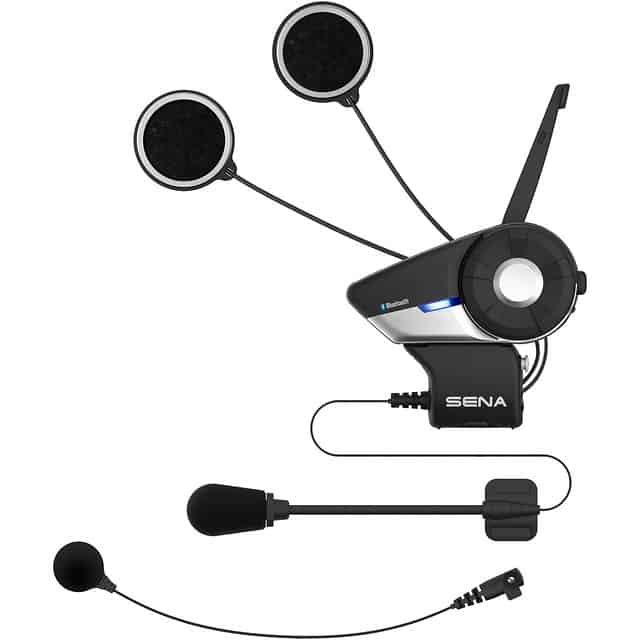You see them at the airport, the coffee shop, the library — basically, all over the place (as long as it’s near a power outlet or a USB charging port!). They’re usually tucked deep into their laptop, or they might be plugging away at their smartphone. And of course, they’re always wearing earbuds.
So, who are these people? They’re called remote workers (a.k.a. digital nomads), and they’re truly a fascinating tribe. Some of them are graphic designers, some are programmers, some are writers, some are SEO consultants, some are research analysts — and the list of occupations goes on. Their workplace is basically any place that they can unfurl their digital gear, and ideally where they can get good, fast wi-fi connection (but with mobile data costs falling, this isn’t as essential as it used to be).
And if you think that remote workers make very little money and are just scraping by: think again! Many earn significantly more than their in-office counterparts. Plus, they don’t have to cover the costs (or suffer the tedium) of a daily commute, which in some cities can be over an hour a day and cost thousands a year in fuel and vehicle maintenance.
If becoming a remote worker sounds like something you want to do — or perhaps would love to do — then here are 5 tips for working remotely:

- Create and keep a schedule. Working whenever you feel like it or in between Netflix binges isn’t a good idea. At the same time, you don’t want to go to the other extreme and work non-stop until exhaustion. Your quality of work will suffer, and so will your health. Check out this article for advice on improving work-life balance.
- Use apps and tools to help you become hyper-organized. Otherwise, you’re going to miss deadlines and lose documents — guaranteed.
- Make sure that you have sufficient digital gear. For example, you want a laptop that has plenty of battery life, has a decent-sized screen, and is relatively lightweight so that you won’t get a hernia lugging it around. Also, you can consider a gaming laptop for non-gamers for excellent performance.” It WILL get stolen; if not the first time you leave it unattended, then eventually. Some thieves even camp out in locations like coffee shops and libraries, and watch remote workers for hours or even days before striking. All they need is a moment.
- Dress up work for. No, you don’t have to don a business power suit (and spend a small fortune on dry cleaning). But don’t just roll out of bed and start to work in your pajamas. By dressing for work (and “business casual” is perfectly fine), you’ll send a psychological signal to your brain that it’s time to switch from personal life to professional life.
- Experiment with different work environments to find optimal locations. Some remote workers perform best in a home office. Others prefer to head to a coffee shop (where they’re bound to find other digital nomads!). Still others prefer working in near-empty libraries or shopping mall food courts. Eventually, you’ll have a roster of locations that fit different work needs. For example, if you need to do some relatively light research, perhaps you head to Starbucks. But if you need to go heads down and focus on a difficult task, perhaps you head to the library. Again, find out what works for you.
The Bottom Line
Working remotely can be rewarding on every level — including financially. Keeping the above tips in mind will increase the chances that your journey into digital nomad country will be filled with plenty of successes, instead of setbacks.







